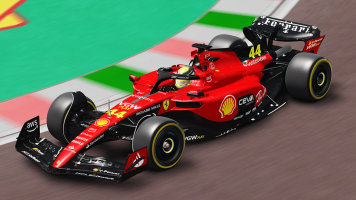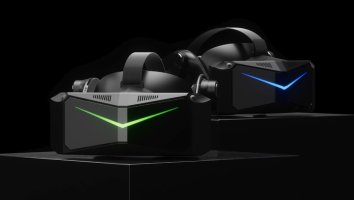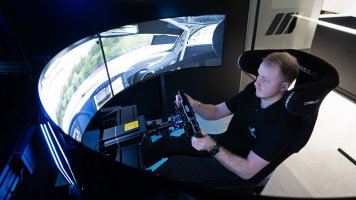Testers are now allowed to release reviews of the final hardware, and while the Pimax units are undoubtedly a step forward for VR (higher resolution, wider FoV), the bad news seems to be that they're likely to struggle to provide adequate framerates in sim racing (even with powerful 8700k/1080ti combos). Doubts also remain about the effectiveness of Pimax's reprojection/ASW solution.
Assetto Corsa benchmarks at about 1hr 15 mins timestamp:
More reviews:
Foveated rendering can't come quickly enough, it seems.
The wider FoV for better peripheral vision in sim racing is was what got me excited about the Pimax in the first place, but it seems like PC hardware might need a couple more generations to adequately power the displays (or HMD tech needs to find efficiency solutions) before sim racing can truly benefit from this. Maybe one card per eye is required?
Anyone here backing the Pimax Kickstarter or getting ready to preorder?
Assetto Corsa benchmarks at about 1hr 15 mins timestamp:
More reviews:
Foveated rendering can't come quickly enough, it seems.
The wider FoV for better peripheral vision in sim racing is was what got me excited about the Pimax in the first place, but it seems like PC hardware might need a couple more generations to adequately power the displays (or HMD tech needs to find efficiency solutions) before sim racing can truly benefit from this. Maybe one card per eye is required?
Anyone here backing the Pimax Kickstarter or getting ready to preorder?










